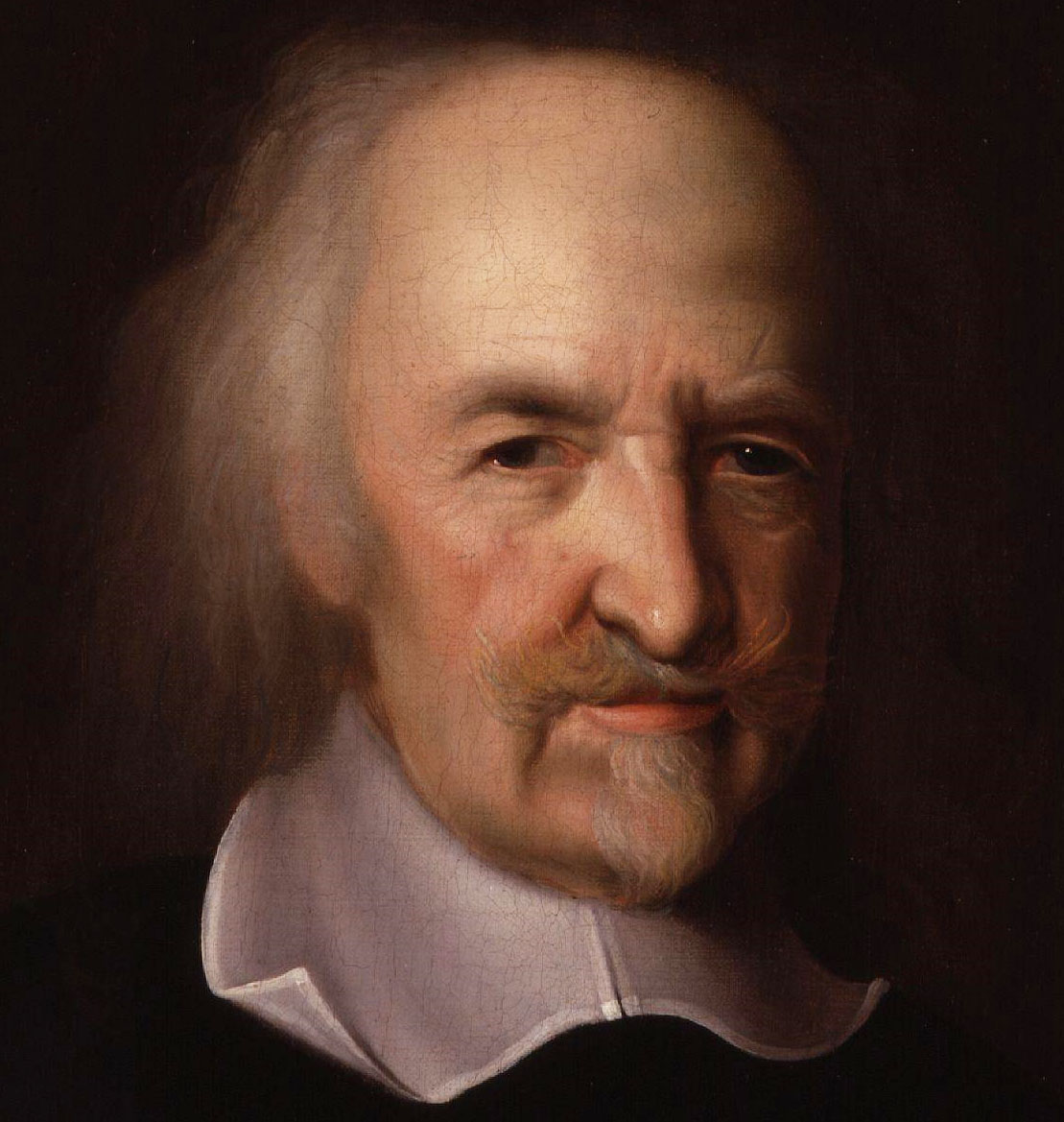Appetite, with an opinion of attaining, is called hope; the same, without such opinion, despair.

"Thomas Hobbes of Malmesbury", in some older texts "Thomas Hobbs of Malmsbury",.}} was an English philosopher, best known today for his work on political philosophy. His 1651 book Leviathan (book) /Leviathan established social contract theory, the foundation of most later Western political philosophy.
Though on rational grounds a champion of Absolute monarchy/absolutism for the sovereign, Hobbes also developed some of the fundamentals of European classical liberalism /liberal thought: the right of the individual; the natural equality of all men; the artificial character of the political order (which led to the later distinction between civil society and the state); the view that all legitimate political power must be "representative" and based on the consent of the people; and a liberal interpretation of law which leaves people free to do whatever the law does not explicitly forbid.
He was one of the founders of modern political philosophy and political science. His understanding of humans as being matter and motion, obeying the same physical laws as other matter and motion, remains influential; and his account of human nature as self-interested cooperation, and of political communities as being based upon a "social contract" remains one of the major topics of political philosophy.
If you enjoy these quotes, be sure to check out other famous philosophers! More Thomas Hobbes on Wikipedia.Humans are driven by a perpetual and restless desire of power.
They that approve a private opinion, call it opinion; but they that dislike it, heresy; and yet heresy signifies no more than private opinion.
Laughter is nothing else but sudden glory arising from some sudden conception of some eminency in ourselves, by comparison with the infirmity of others, or with our own formerly.
The right of nature... is the liberty each man hath to use his own power, as he will himself, for the preservation of his own nature; that is to say, of his own life.
There is no such thing as perpetual tranquillity of mind while we live here; because life itself is but motion, and can never be without desire, nor without fear, no more than without sense.
Force, and fraud, are in war the two cardinal virtues.
The life of man, solitary, poor, nasty, brutish, and short.
No arts; no letters; no society; and which is worst of all, continual fear and danger of violent death; and the life of man, solitary, poor, nasty, brutish, and short.
It is not wisdom but Authority that makes a law.
I am about to take my last voyage. A great leap in the dark.
Leisure is the mother of philosophy.
All generous minds have a horror of what are commonly called 'Facts'. They are the brute beasts of the intellectual domain.
Science is the knowledge of consequences, and dependence of one fact upon another.
Copyright © 2024 Electric Goat Media. All Rights Reserved.